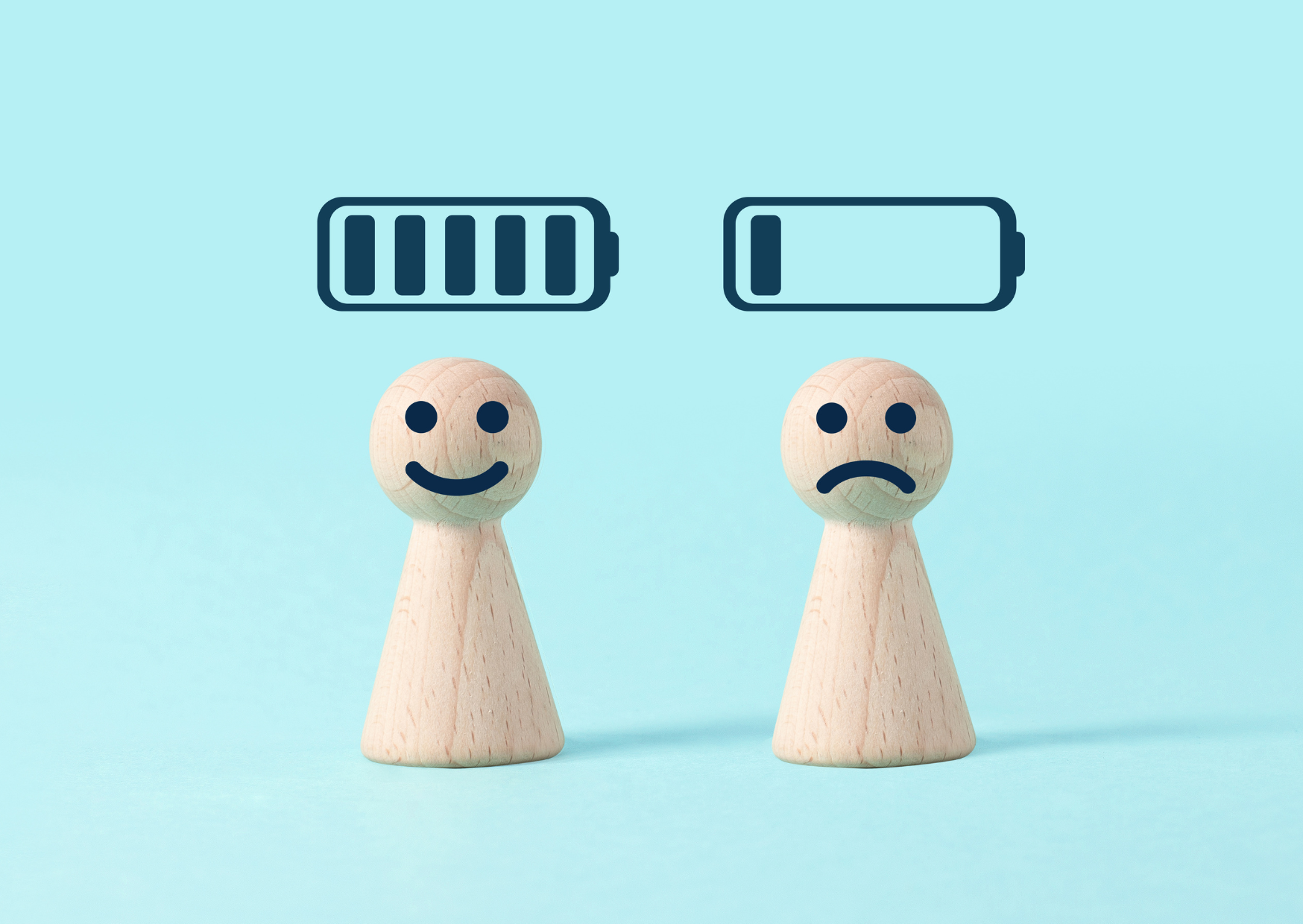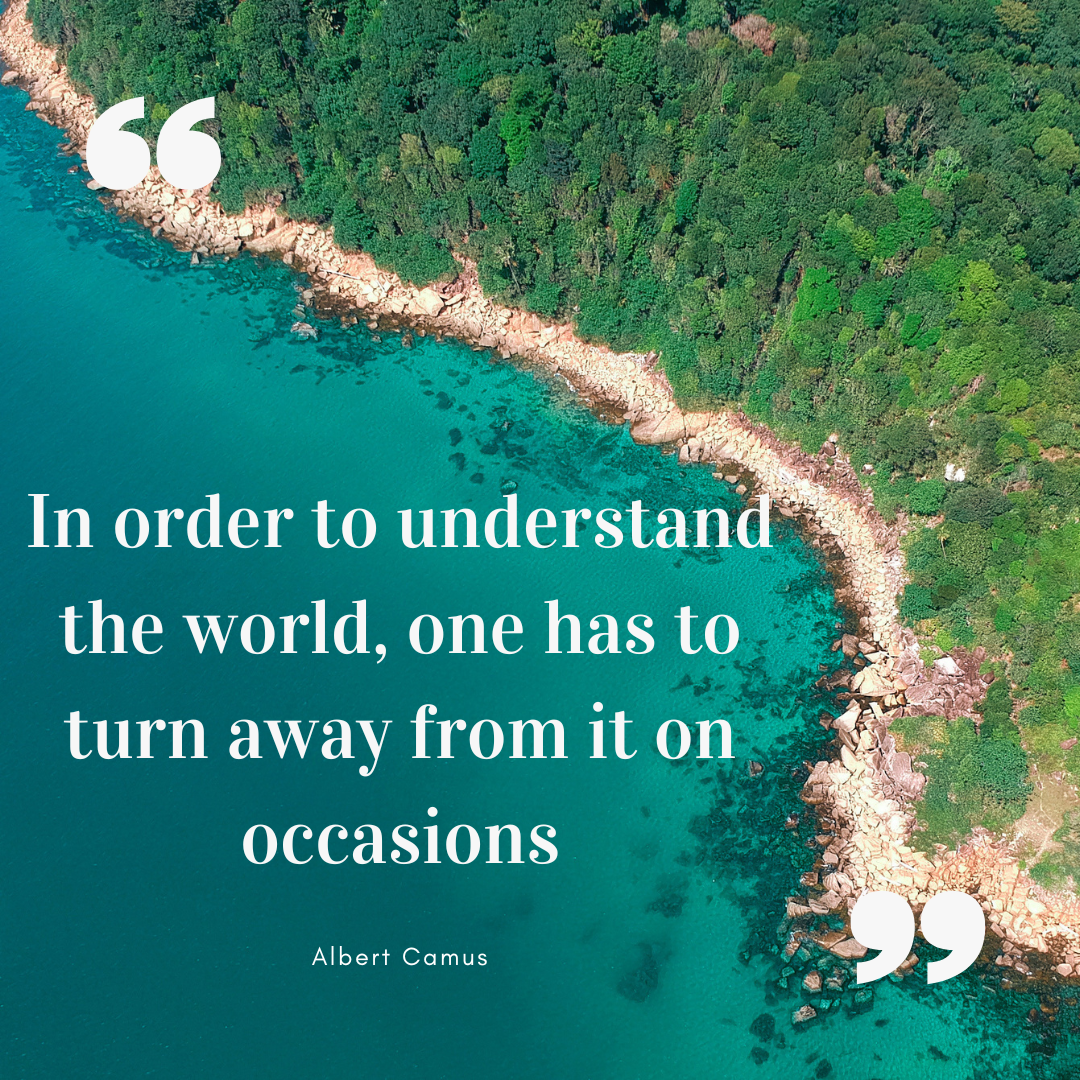What is resilience?
Resilience is defined as the ability to recover from setbacks. These days, it is a top cited quality required on most role specifications.
It is almost universally considered to be a positive attribute. Is it an inherent part of our personality or a strength that can be built and cultivated? Is it nature or nurture? Like most attributes, the answer is not clear cut. Certainly, some of us are seemingly blessed with greater resilience than others. This is likely due to a combination of our genetics, our upbringing and the experiences life has thrown at us. Whether or not we feel it comes naturally to us, it is definitely something that can be learnt and practiced with the right skills and habits.
Being resilient requires energy
One thing that it certain though, being resilient takes energy. Another potential differentiator that may explain why some of us appear more resilient than others is how often we employ our resilience. Each time we employ resilience it drains our energy, the more often we draw on it, and less often we recharge, the harder it becomes to maintain.

One way to manage resilience is to manage how we spend our energy. Most of us manage our time, we think about how much time we have, what we need to do and how we are going to fit it in. What this doesn’t take into account though is our energy, some tasks are very short but use a lot of our energy for example a board presentation, we may only have a 15 minute slot but after finishing we feel as though we have run a marathon. Other activities take ages, like writing an annual report, but they use relatively little energy because we do them on our own, they are in our comfort zone and therefore, we feel relaxed as we get them done.
To be able to be resilient, we need to have energy in store. The problem with resilience is that we don’t always know when we will need it. A difficult challenge or event can crop up at any time and if our batteries are running low this can make it extremely difficult to approach it with resilience.
Managing our energy instead of our time, can help us to prepare to be able to be resilient.
How to manage your energy?
Here are some practical tips to managing your energy:
- Categorise your to-do list into low, medium and high energy activities – as well as thinking about how long they take, as you plan your week ahead, think about an activities energy rating.
- Sandwich your to-do list with low, medium and high energy activities – this will provide you with opportunities to “recharge” during your day whilst continuing to be productive.
- Be intentional about your breaks – if you have a day coming up full of high energy activity then make sure your breaks during the day involve completely recharging, like a walk or sitting in silence. Whilst trying to do emails or take calls in the breaks from high energy activities, may feel productive, can lead to us feeling overwhelmed leaving very little in reserve for the rest of the week ahead.
- Plan your energy ahead – if you have a few days with lots of high energy activities then try and plan a day at home or with no meetings to enable you to recharge.



